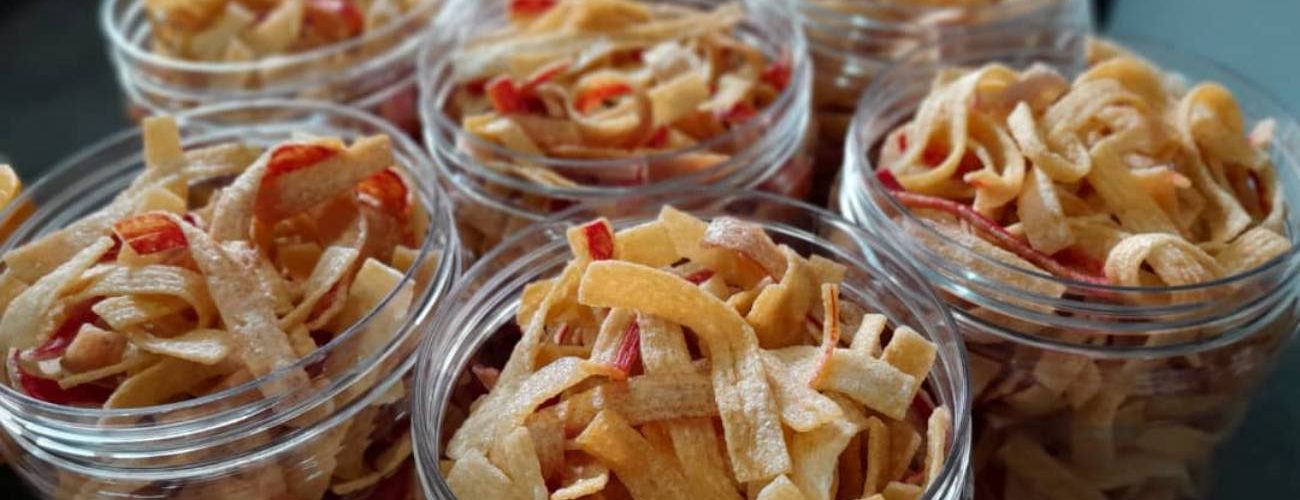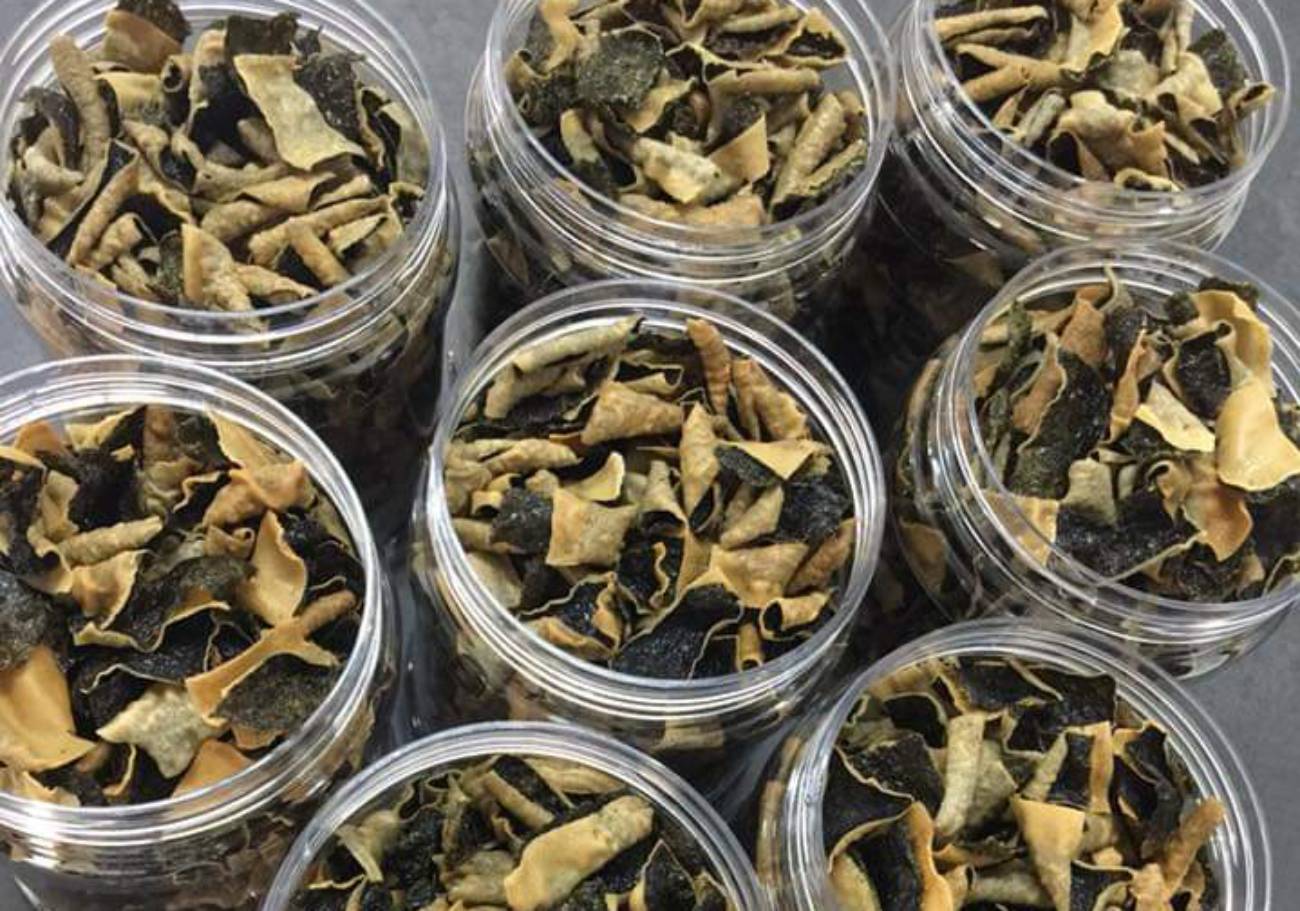
Chinese New Year festive snacks are more than just treats—they are a symbol of unity and shared celebration.
Across Malaysia, entrepreneurs like Nur Farrah Diba Azhar, Suzanne Boey Bee Hwa, and M. Devika Arujunan are weaving tradition and innovation into these seasonal delights, making them a favourite for all communities.
Home-based ventures fuel festive spirit
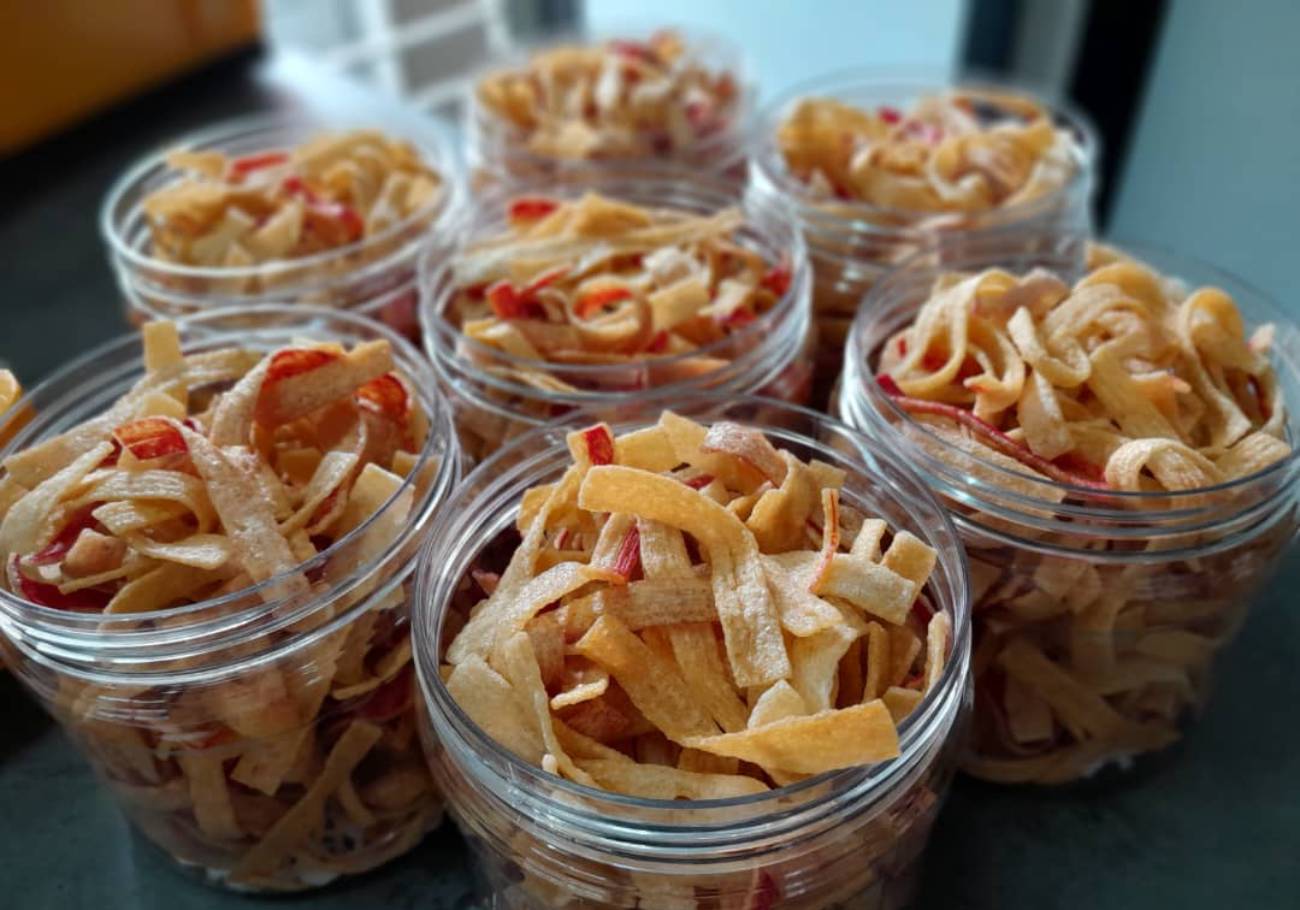
Another inspiring story comes from Suzanne Boey, a homemaker who transformed her passion for making snacks into a collaborative business.
What started as a family project soon grew into Suz Snack, a thriving operation involving other home-based bakers.
“I didn’t want to work alone. By collaborating with other moms, we can each specialise in different snacks and help each other,” Suzanne shared.
Her seaweed crackers remain a crowd favourite, selling alongside other treats like sambal prawns and chicken floss.
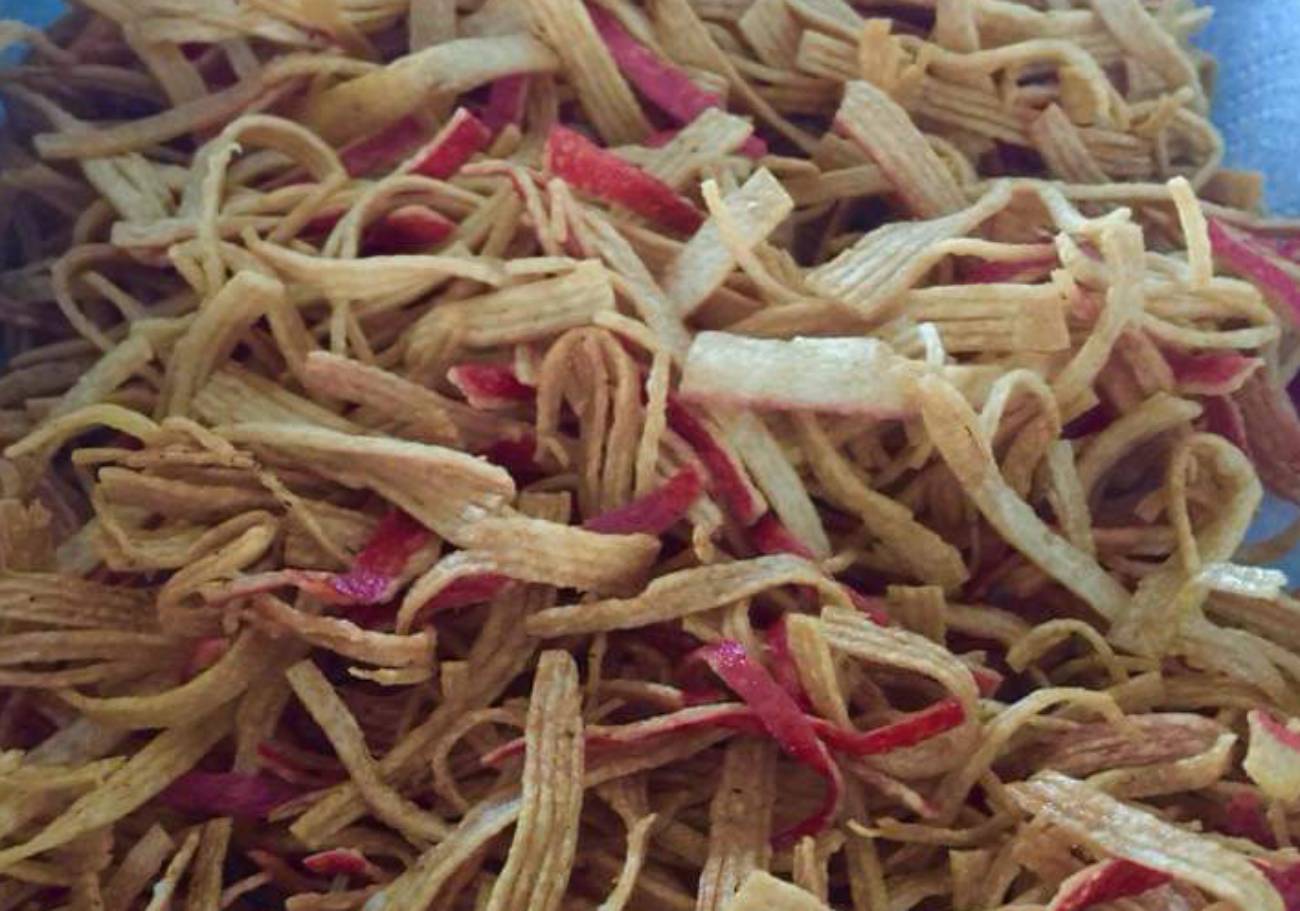
Suzanne’s strategy revolves around teamwork rather than competition. “We distribute through each other’s networks, ensuring everyone benefits.
It’s about working together, not just making profits,” she said.
This approach allows her to sell over 2,000 jars of snacks per festive season, priced between RM16 and RM25 per jar.
Beyond business, Suzanne’s focus remains on preserving the festive spirit.
“Making snacks together as a family strengthens our bond. It’s about more than food—it’s about joy and tradition,” she added.
Murukku and more: Chinese New Year with a twist

For M. Devika Arujunan, 58, making festive snacks like murukku, achimuruku, and honeycomb cookies started as a way to support her family.
Today, her creations are in demand across Penang, including orders from chain stores like Nava Mini Market.
Devika produces ten jars daily, with each priced between RM35 and RM40.
While she had to raise prices due to rising ingredient costs, the unique flavour of her murukku keeps customers coming back.
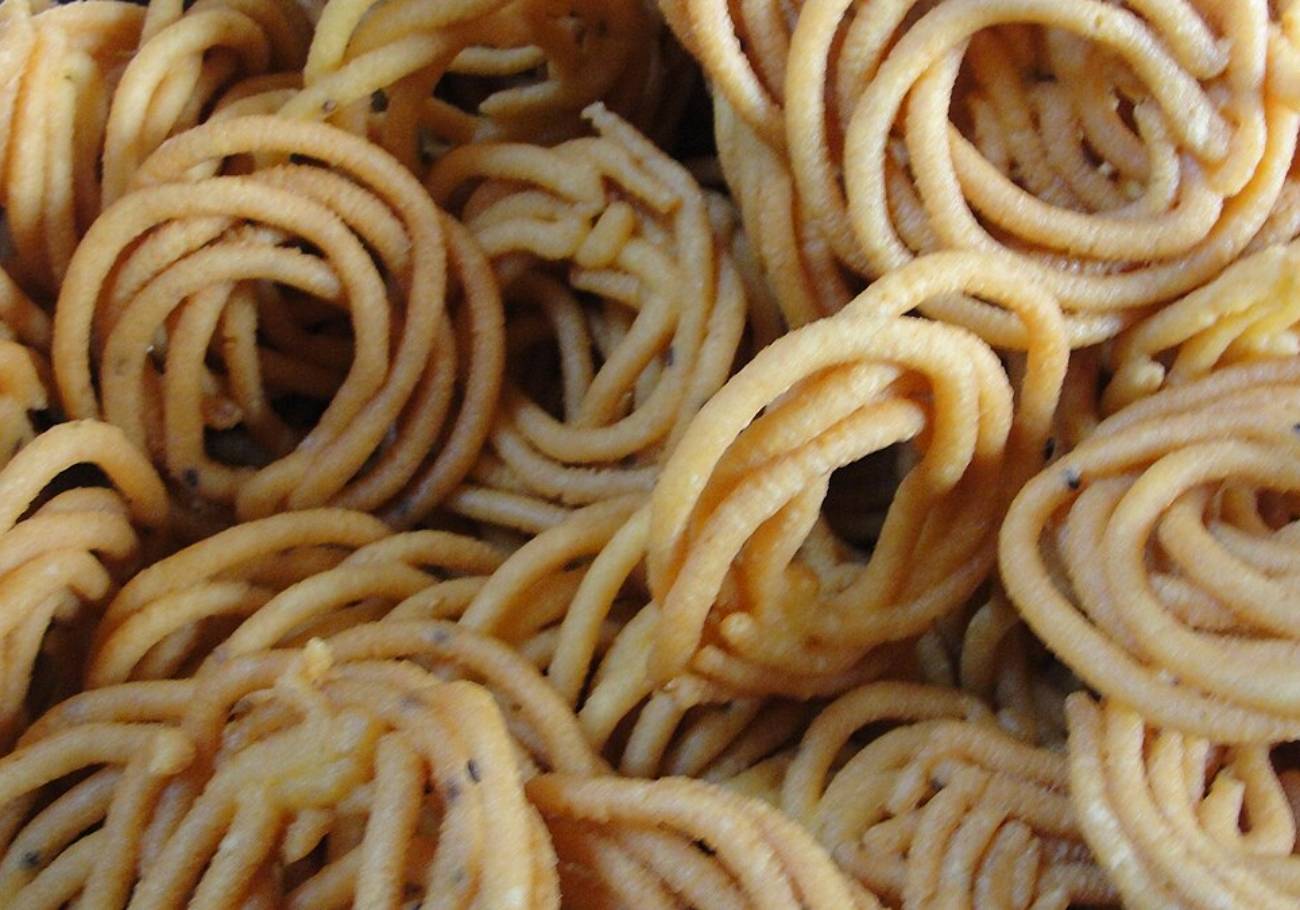
“It’s slightly spicy, crispy, and not overly sweet—perfect for Chinese New Year gatherings,” she explained.
Though her children are now working professionals, Devika continues baking to keep traditions alive.
“It’s not just about earning. It’s about being part of the celebration,” she said.
Chinese New Year snacks like kuih bakul, seaweed crackers, and murukku show how Malaysia’s multicultural society embraces shared traditions.
Farrah Diba, a 35-year-old Malay entrepreneur, has turned kuih bakul into a unifying symbol of the festive season.
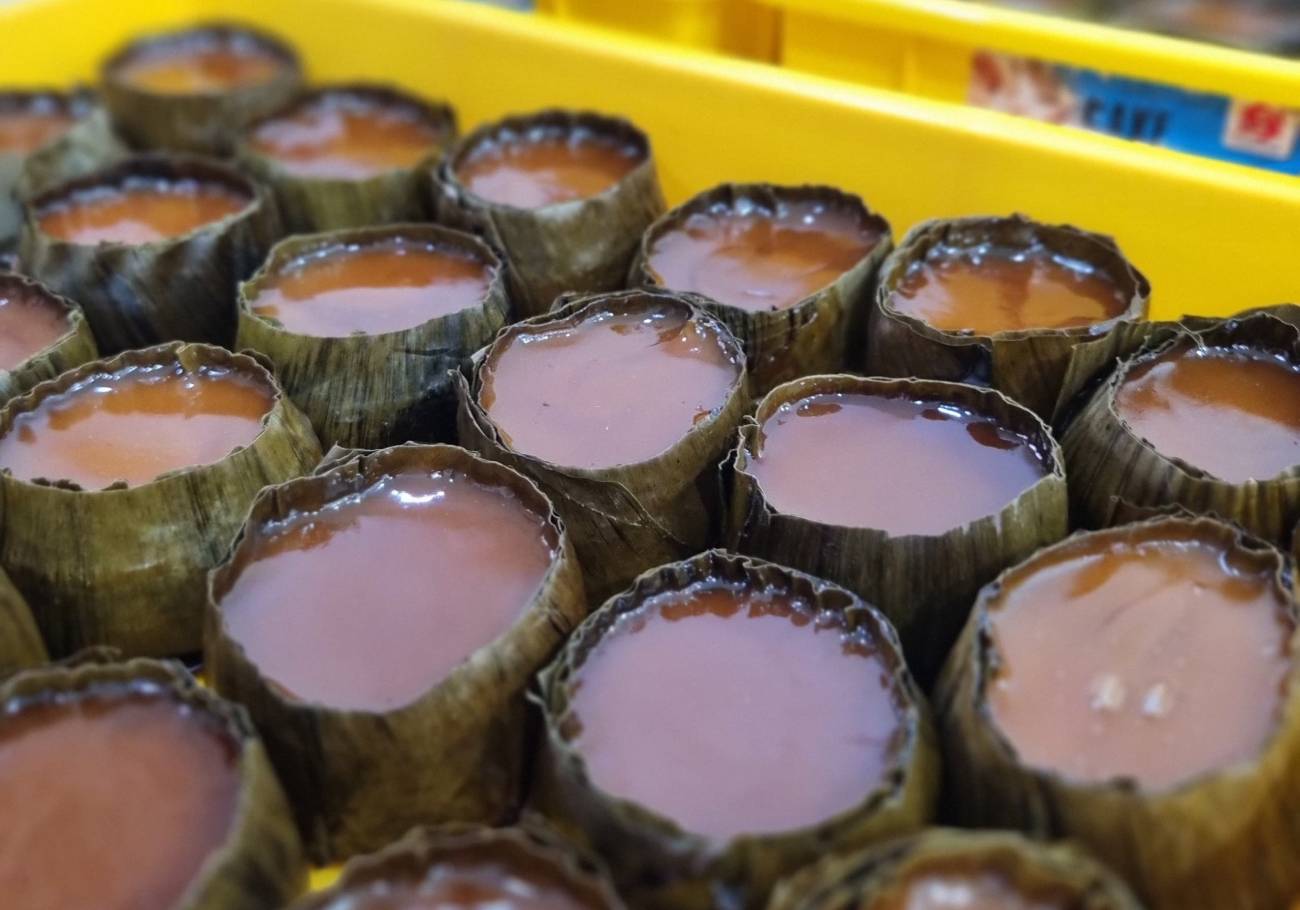
Also known as nian gao, this sticky rice cake made of glutinous rice flour and brown sugar is a traditional Chinese New Year delicacy.
Growing up with a Chinese grandfather, Farrah developed a fondness for the dessert and now produces halal versions for Muslim and non-Muslim families alike.
“There’s no shortcut to making the perfect kuih bakul—it takes up to 48 hours of steaming. But the golden hue of the brown sugar makes it worth the effort,” she said.
Operating her shop, Farrah Diba Baker, in Bandar Perda, she produces 250 pieces daily, priced affordably at RM10 each, despite rising ingredient costs.
Entrepreneurs like Farrah, Suzanne, and Devika prove that festive treats can bring communities together, fostering joy and unity during the celebrations.


